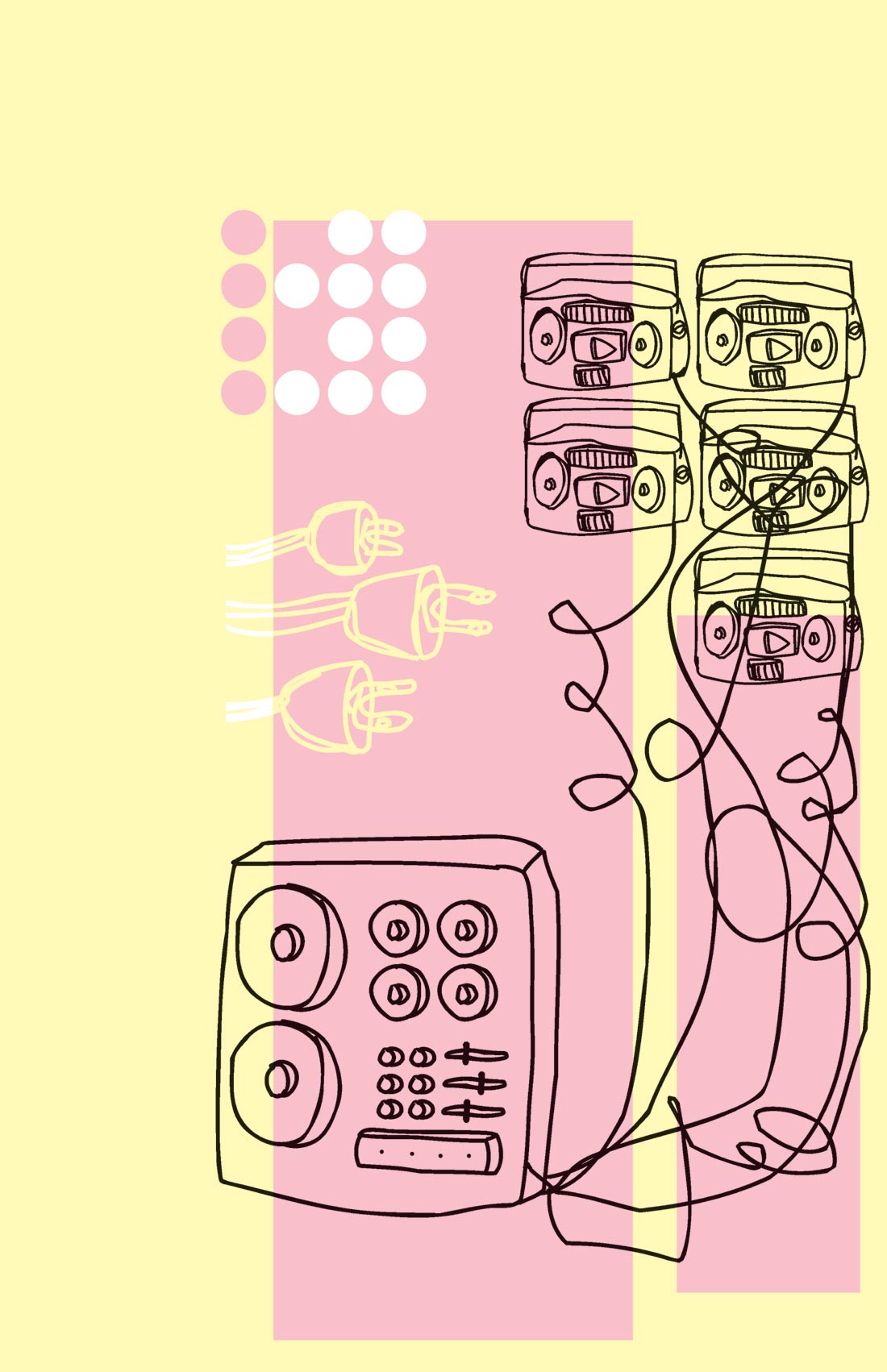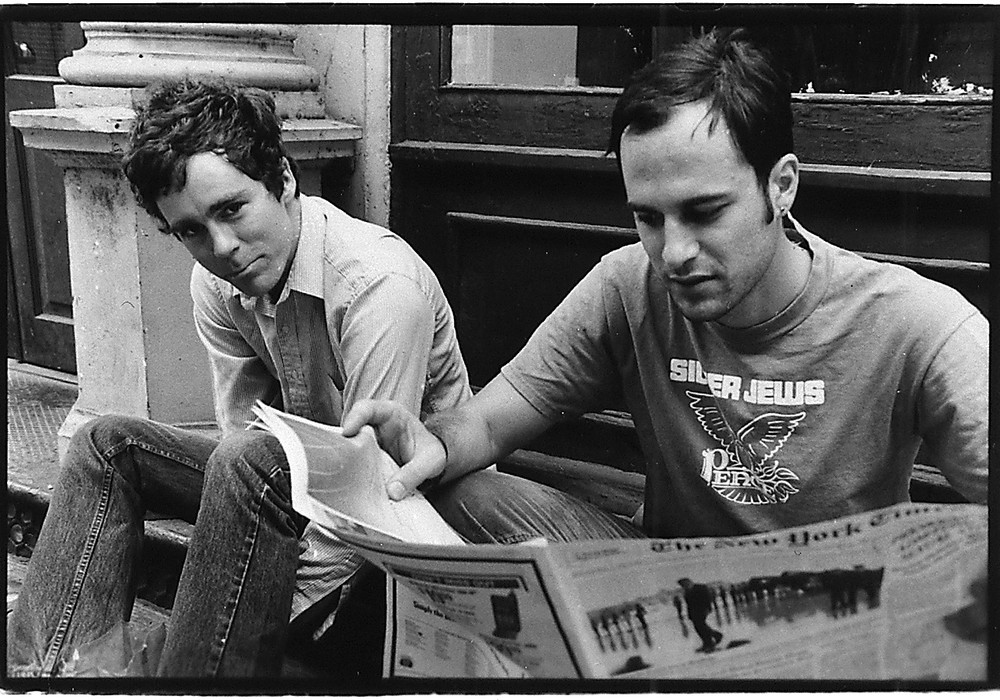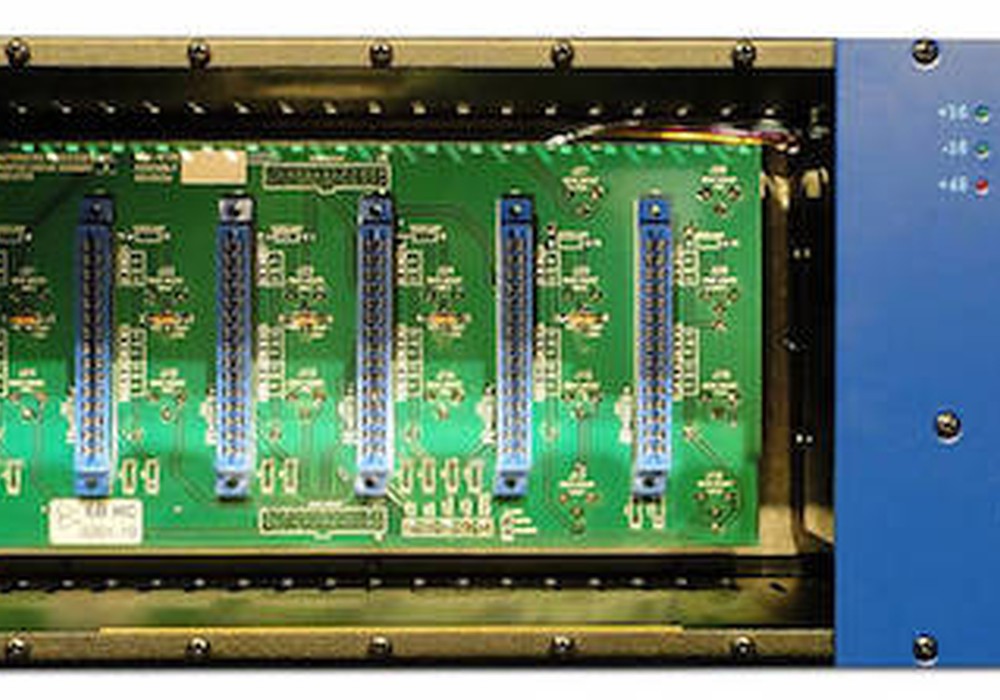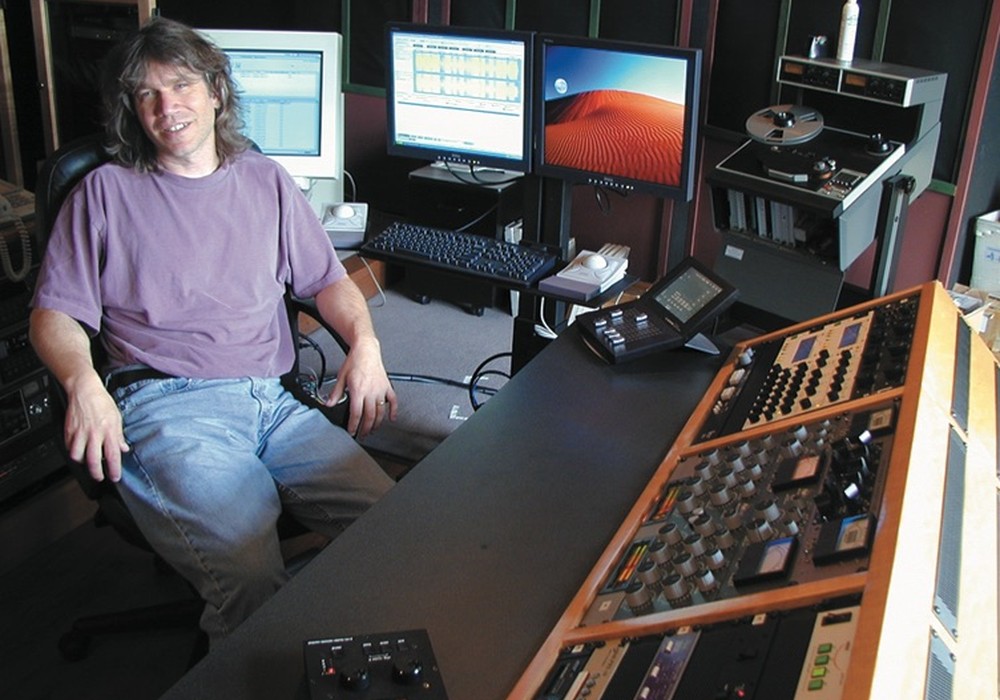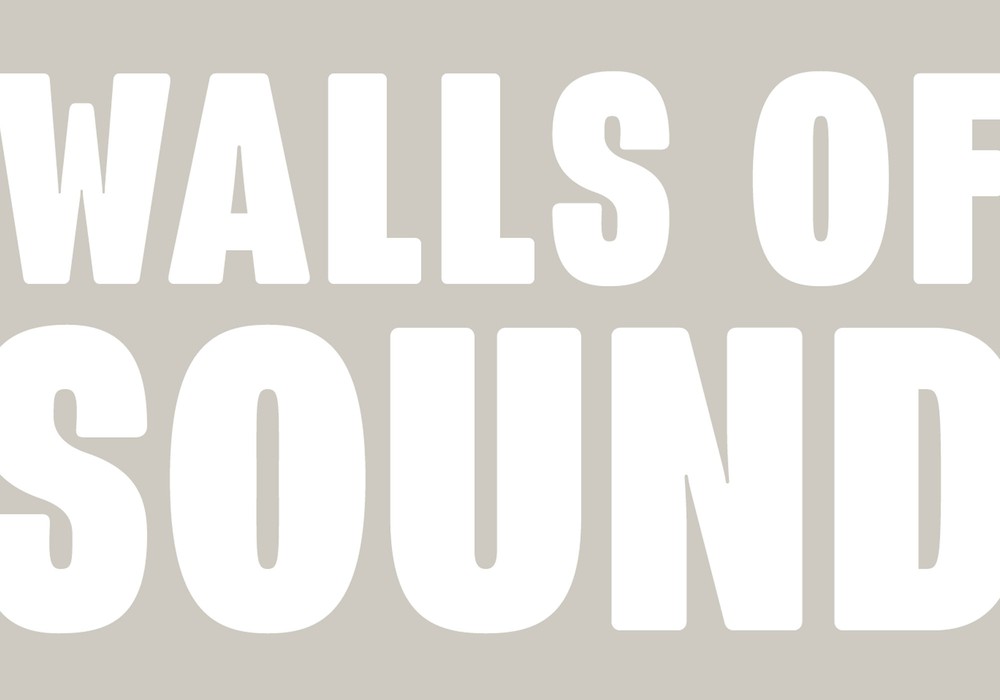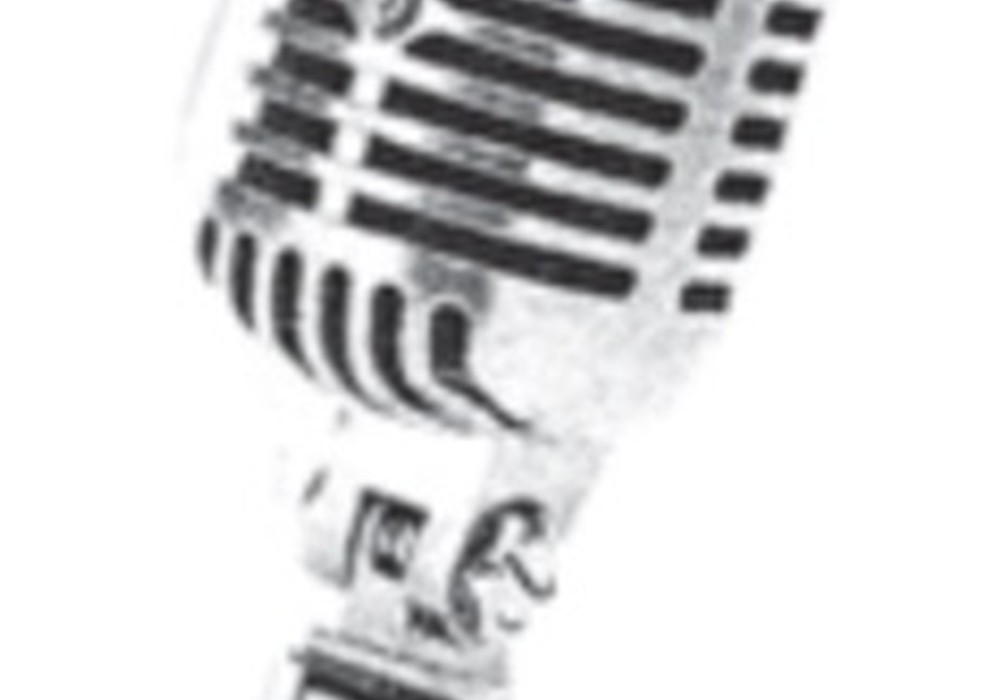I recently finished recording and mixing a five song EP that, for the first time, I transferred into a computer and mixed digitally. It was one of the most interesting, fascinating and (mostly) enjoyable experiences I've recently had in the studio. There were several reasons that I chose to do the project digitally, primarily budget and flexibility.
I recorded the band to 2" 16-track at 30 ips onto used one-pass Scotch 996 from tapetape.com and saved the band several hundred dollars in tape costs. I should mention that the band wanted to make a high quality recording without cutting corners, but when I presented them with a $2000 budget they nearly shit their pants. Another concern was that the drummer had to leave for Europe for the Summer in 10 days, and I felt like the band needed more rehearsal before recording. I knew that I could make up for this with the editing capabilities of the computer if I had to. As it was, Al, the drummer, did fine although we did end up doing one minor drum edit and editing an ending of another song. I recorded everything the way I wanted to hear it in the final mix as much as possible, using almost exclusively outboard mic pres, compressors and EQs. On several songs we ran out of tracks and had to stack quite a few parts onto each track. Some were even recorded onto empty tracks in the wrong part of the song where there was room, knowing I could move them around later. This allowed me to get the sounds I wanted from the analog tape. I still like working with tape for recording. Yeah it's slower but it never crashes and I like the physicality of it and knowing that I have it as a backup.
Once we were done recording, I transferred the tracks into Logic Audio Platinum on a dual processor Mac G4 via a MOTU 2408/1224 interface at 44.1 kHz/24 bit. I ran the tape through our Soundcraft Ghost console instead of transferring straight from the deck to the computer, because I wanted one more shot at using any analog compression or EQ. I feel like this helped the tracks sound their best once they were in the computer. Subsequently, I didn't need a lot of digital EQ or compression. Next, I burned backup CDs and transferred the files to the smaller, slower G3 in my office that I use to lay out Tape Op. I have an M-Audio Omni/Delta 66 interface on that computer and although Logic runs slower, it seems to work fine for 16-20 tracks and one or two reverb plug- ins and EQ/Compression where needed. This was one of the reasons that I chose Logic. The supplied native plug-ins sound really good and don't seem to hog up CPU power as much as some others I've used. I also knewthatIwantedtobeabletodoalotof processing and manipulation on this project as it was more arrangement-based as opposed to a live- sounding rock record.
I wanted to be able to work in my small office set-up for two reasons. One, I wasn't tying up the studio and could save the band some money, only billing them for my time. Secondly, I have two video monitors, one of which is a 21" so it was easier to do the editing across the two screens. One of the last reasons that I wanted to mix in Logic was because I didn't know how. I've spent years sitting in front of consoles moving faders, but this would be completely different and alien to me. It would force me to work differently and not rely on my usual ways of working, and just listen to the tracks.
My first reaction after transferring all the tracks and doing some rough mixes and editing was that I'd made a mistake. Nothing seemed to sound as good as it did coming off the 2". After a few hours, I went home a bit dejected. The next day I came in and although I had a lot of work to do, I thought I'd pull up the mixes and see what they sounded like. To my surprise, they actually sounded pretty good. I pretty much blew off all the work I had to do and spent the whole day mixing the five songs. At the end of the day, it was really, really close and things sounded pretty good. In hindsight, I think my initial disappointment was partially wariness about using something new and the disjointed way each song initially came up before I cleaned it up and mixed it a bit.
After that first day of mixing, I spent another five or six days mixing the EP, but never more than an hour or two at a time. This was one of the biggest, if not the best, advantages to mixing this way. At the click of my mouse, I could bring up my mix exactly the way it was the last time I left it, fine tune it a bit, tweak it, and then move on. If in doubt, I could just save an alternate version of the mix.. For this project where every song was completely different from each other, this was a godsend. Once in a while, I would burn CDs so the band could hear things and get their input. Over the course of a few weeks, we fine tuned the mixes to just where we wanted them without any time pressures or feeling like we were too fatigued to make good judgments. Due to the nature of these songs and recordings, I seriously doubt that I could have mixed these conventionally and had them come out as good without spending two to four more times the money and time.
I also really liked the obvious things like editing and plug-in processing. On one song, I wanted to accentuate the differences between two different drum parts, so I copied and pasted the entire drum kit, set up different regions for each part, and then EQ'd them completely different. One was mono, thin, distorted and filtered while the other was a big, full stereo kit that crossfaded over two measures out of the thin kit. The whole process took less than 30 minutes to set up and fine-tune. This obviously would have been impossible, or at least very difficult and time consuming, if mixing through a console. Logic has some really cool plug-ins as well. I chose the software for it's Platinum Reverb plug-in which I thought sounded pretty good. I still think it sounds good, but after using it on some drums, I'm not quite as impressed. Nonetheless on vocals and most instruments it sounded fantastic, especially considering that it's free with the software! I don't really use much reverb on drums anyway, so it wasn't much of an issue. The five band parametric EQ and the compressor are both functional and sound good. One plug-in I really loved using was the auto-filter — a VCF on steroids with an ADSR envelope generator. I also really liked and used the overdrive quite a bit. It warmed up things and could cover up some problems as well, like string noise on the bass.
One of the things that surprised me the most about mixing this way was that nearly all of my time was spent being creative and/or making sonic decisions. I realized how much of conventional mixing* is practicing mix moves and then trying to remember to do them while also trying to listen to the mix and make decisions. In contrast, once I made a decision in Logic it was done and I didn't have to thing about it again, unless my ears told me to. For instance, rather than dicking around trying to set gates on the tom tracks (and I've got some good Drawmer gates) and then hoping they worked right, I just zoomed in on the tom track, cut the regions to exactly where he hit his toms (no worrying about whether the gate is opening fast enough) and then did a smooth fade out after the tom part. Granted, on this project, the toms were minimal, but it still seemed much faster and more reliable than using a gate.
When we finally finished the project, we asked Eric Broyhill, an engineer and friend who's getting into mastering, to do some low budget mastering on the project. Then I thought about how many times, I'd had a mastering engineer say to me, "This would have sounded a lot better if you had done ________ (Fill in the blank), but there's not much I can do now." So, rather than giving Eric a two track mix, I just sent him the entire Logic file and he did a few tweaks on some of the songs and sent them back. Now we're done and we're still going to do a bit of two-track mastering at another studio where they have a 24 bit Finalizer and better monitoring. And then finally, we're using Cubase 5.0 with Apogee's UV-22 encoding to dither down to 16 bit redbook files.
Would I do it again? It depends. If the song was simple enough to mix traditionally, no. I still think something, although subtle, is lost in transferring to digital. Maybe with better conversion, clocking and higher sample rates this will improve. Nonetheless, if I'm recording a straight-ahead punk or rock band, I just don't see the point in going digital, especially if there's even a very small loss of quality. On the other hand, this was a very enjoyable way to work and if I had another project that needed the flexibility that digital provides, I'd definitely do it again. Considering how inexpensive high-quality hard-drive recording is getting, it seems like just another tool that should be seriously considered by anybody serious about recording.
